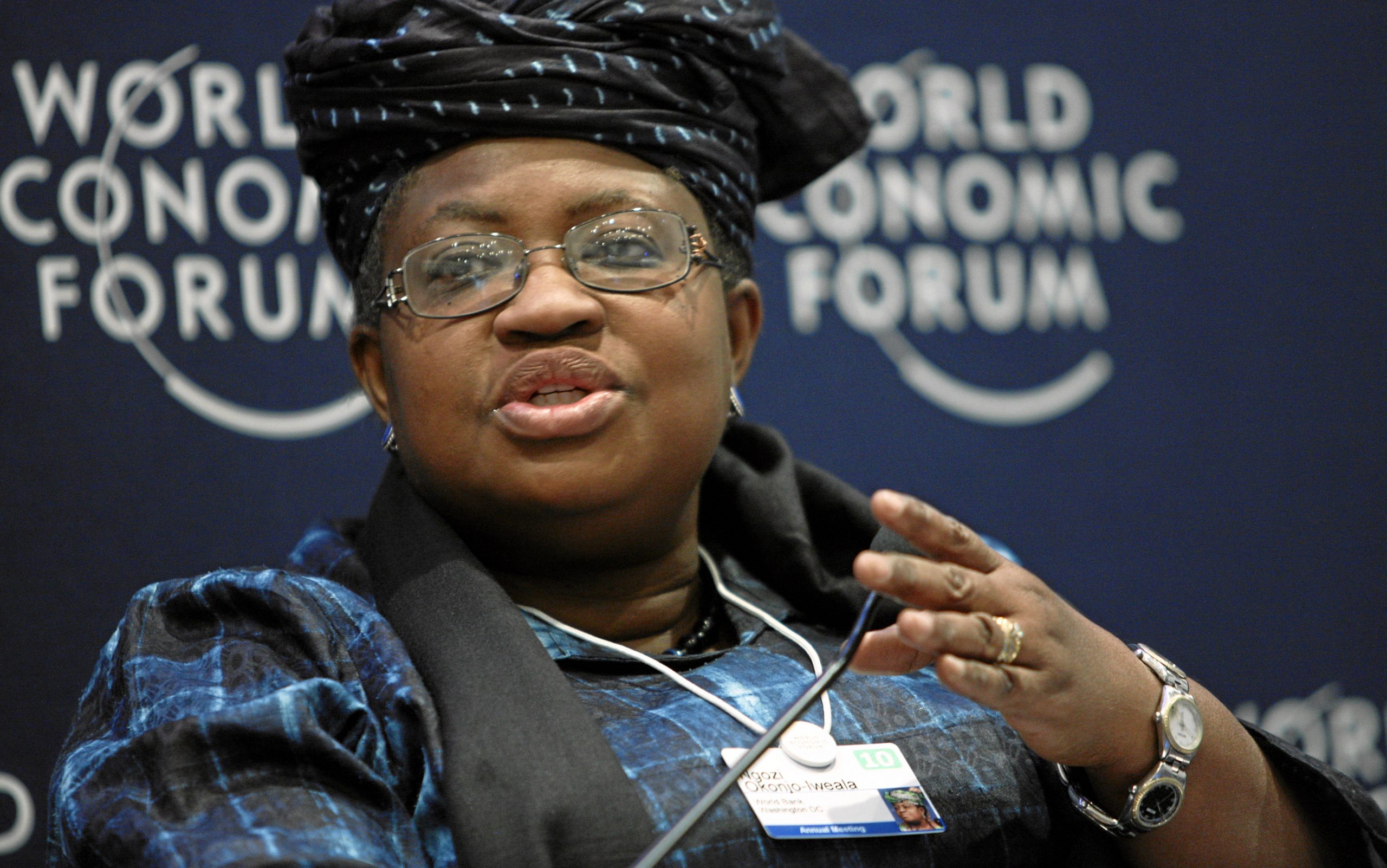Family Planning: FG fails to complete 2019 counterpart fund

The Federal Government has failed to complete the payment of its counterpart fund for Family Planning activities in the 2019 health budget, investigations have revealed.
Family planning is a component of health strategies to encourage child spacing, promote the health of women of child-bearing age, and to reduce financial pressures on households in Nigeria. Since the Family Planning policy was introduced, it has been supported by international donors [UNFPA, USAID, Bill & Melinda Gates Foundation, CIDA, and DFID] with Nigerian government committing $3 million out of the $50 million required for the implementation of policy in 2011. Every year, the Nigerian government is expected to contribute N1.2 billion as counterpart fund.
Data obtained from development Research and Project Centres (dRPC) and the Partnership for Advocacy in Child and Family Health (PacFah@Scale) showed that in 2019, government contributed N300 million out of N1.2 billion required counterpart fund, leaving a balance of N900 million.
But this outstanding fund was not rolled over in the 2020 budget for health. Instead, government budgeted N1.2 billion, as its 2020 counterpart fund, without making provisions for the outstanding N900 million.
The Federal Government’s counterpart fund is crucial for the implementation of Family Planning project in the country. This is because many state governments do not have Family Planning as line item in their budgets while those who make the provision delay the release of the fund to finance Family Planning. The amount needed for 2020 is $26 million and donor agencies have committed $18 million, leaving a gap of $8 million.
The counterpart fund is necessary to increase awareness on the need for contraceptive use among women in Nigeria.
Nigeria is lagging behind in Family Planning because of slow adaptation to modern methods of contraceptives. For those who have adapted, accessibility to contraceptives is poor across Nigeria. Social norms, such as preference for large families, religious restrictions against Family Planning and women’s lack of decision-making power in reproductive health matters further limit use of Family Planning services and products, while poor reproductive health services in the private health sector restricts access to information and services.
Why Nigeria needs to encourage Family Planning:
- Nigeria’s Population is about 201 million and it is the most populous country in Africa
- By 2050, Nigeria’s population will hit about 450 million.
- 64% of the population is below the age of 25 while 45% is below the age of 15, so the greater population of Nigeria is dependent, not productive.
- Unemployment rate in Nigeria is put at 23%, which makes desperate youths emigrate to developed countries.
- Social crisis is on the increase in Nigeria – kidnapping, insurgency, terrorism, armed robbery, and general discontent among youths. These are associated with the high rate of unemployment and lack of opportunities for youths.
- Health personnel are seeking greener pasture abroad, leading to the shortage of skilled health (Brain drain) personnel to deliver services in Nigeria.
In Africa, contraceptive use in Nigeria is comparatively low. A survey by Demographic and Health Survey (DHS) in 2010 showed that contraceptive prevalence rate in Nigeria was 12% (mainly used in the South), compared with Malawi (26%), Ethiopia (27.3%), and Rwanda (45%).

Source, DHS, 2010
The counterpart fund is necessary to increase awareness on the need for contraceptive use among women in Nigeria. The way forward for the country include the followings:
- Nigeria must address sustainable financing of ambitious systems and continuing support for task-shifting/task-sharing.
- Nigeria population growth should be considered with emphasis on the young people who should be included in Family Planning advocacy.
- Health workers should be trained on importance of family planning.
Young persons should be educated on their need for Family Planning in order to disabuse their mind on their wrong perception on the use of modern contraceptives.
- Cultural and religious misconceptions should be demystified through health education and sustained engagement of traditional rulers, religious leaders, CSOs, and marginalized groups.
- Government should design a sustainable policy to support continuous advocacy and service delivery of family planning.



